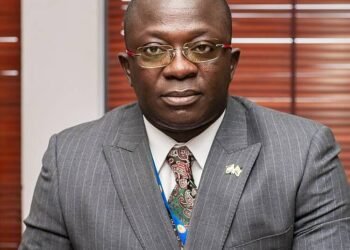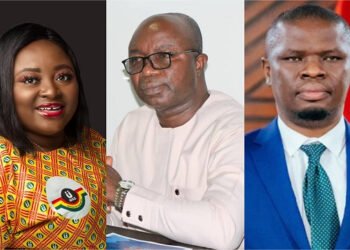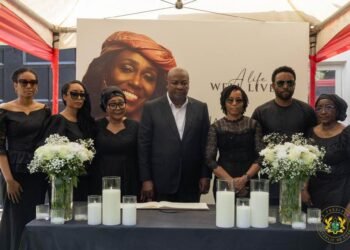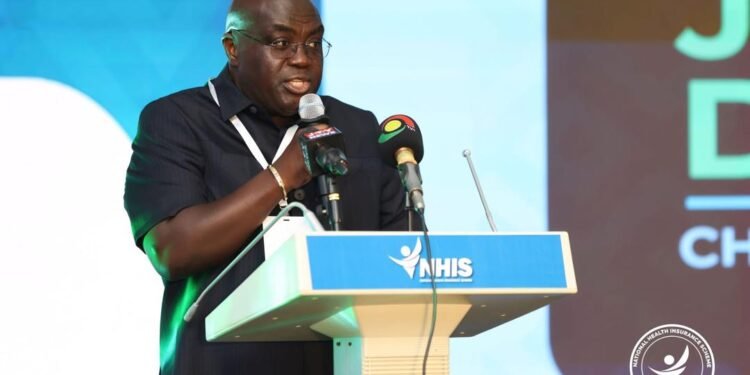Legal expert Prof. Stephen Kwaku Asare has voiced concerns that constitutionalism is being gradually undermined in Ghana due to the unchecked dominance of cultural practices.
As a Democracy and Development Fellow at CDD-Ghana, he emphasized that the influence of culture on constitutional governance remains largely overlooked.
Focusing on the operations of Parliament’s Appointments Committee, he explained that although all Members of Parliament on the committee are constitutionally equal, an entrenched informal hierarchy has emerged.
Prof. Asare noted that in this system, junior MPs are sidelined, often limited to asking just two questions—“subject to the Chairman’s mercy.”
“Meanwhile, the Chairman and Ranking Member enjoy unlimited time, unlimited questions, and often use it to sermonize instead of scrutinize, to posture instead of probe. Pettiness replaces substance. Performance replaces accountability.
“The rest of the committee? Reduced to legislative spectators, watching their leaders put on a show while the real work of vetting is sidelined. When an MP dares to probe too deeply, the Chairman quickly steps in, like a headmaster silencing a noisy pupil.”
Prof. Stephen Kwaku Asare

He expressed concern that the vetting process has been further weakened by an excessive reliance on legal jargon and procedural deflections—terms like “Overruled,” “Hearsay,” “Irrelevant,” and “Asked already”—which, he argued, are invoked not in a courtroom but in Parliament, where such rigid legal formalities have no place.
MPs, Over-Lawyered
Furthermore, Prof. Kwaku Asare insisted that MPs are not bound by the Civil Procedure Rules or the Evidence Act.
Their mission, he said, is to serve the public interest—not to mimic court procedures or bow to hierarchical control.
“Yet, the vetting process has become so over-lawyered and over-managed, it now mimics a trial, without the protections of one, and without the consequences of failure.”
Prof. Stephen Kwaku Asare
According to Prof. Asare, these patterns reflect a superficial approval process that prioritizes appearances over genuine oversight.
He noted that such practices are often defended under the guise of internal protocol, decorum, and respect.
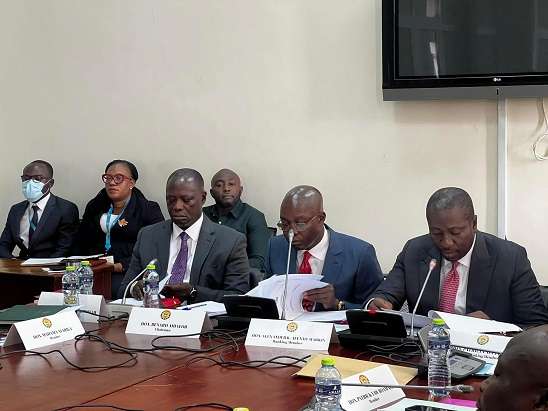
Prof. Asare argued that this isn’t an isolated issue within Parliament alone. He pointed to the judiciary, where the Constitution affirms that all justices are equal.
In reality, however, it is the Chief Justice who assigns panels, and associate justices often follow the lead—not because the law demands it, but because tradition does. “Respect for the ‘boss.’ Tradition over transparency.”
He extended this cultural critique to Ghana’s Cabinet, noting that ministers seldom challenge the President—not out of genuine consensus, but because “culture frowns on talking back.”
On public boards, members defer to CEOs as if they were tribal chiefs, and in Parliament, committee members act more like ceremonial courtiers than policymakers.
Constitutionalism Abandoned, Responsibilities Ignored
Prof. Asare also offered a striking critique, pointing out that certain MPs support policies that clearly disadvantage their own constituents simply because they are instructed to do so by their political party.
In doing so, he argued, they abandon the core constitutional values of equality, transparency, and accountability in favor of deferring to rank, seniority, and hierarchy.
He added that Ghanaians have become too adept at transforming public institutions into chieftaincies—where power is not shared, but performed.
The consequence of this cultural domination, he warned, is “institutional collapse disguised as cultural respect.”
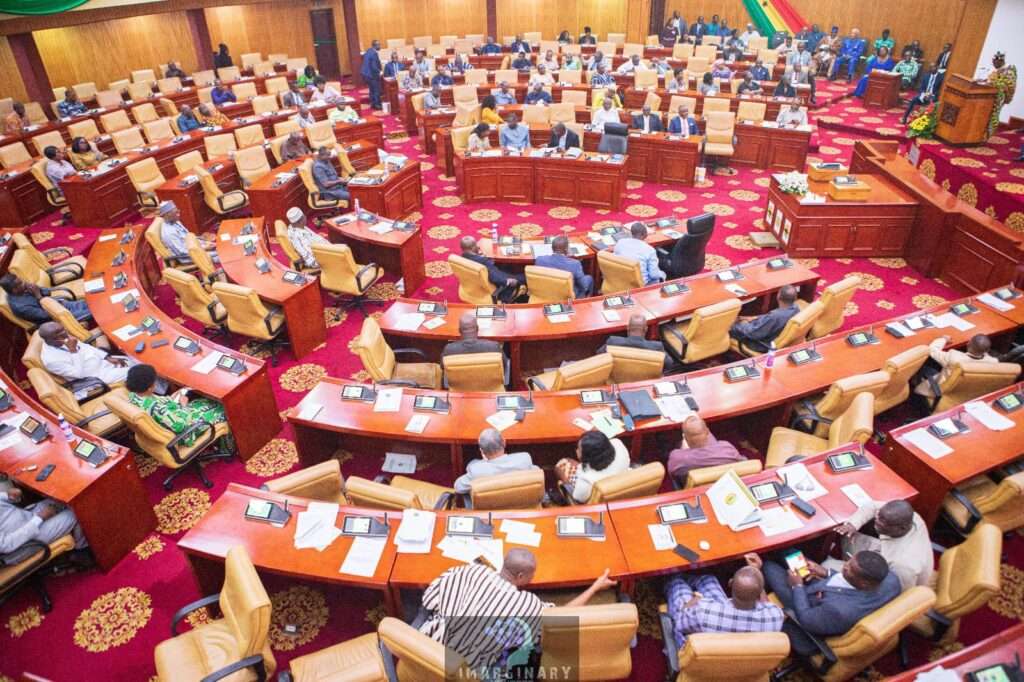
Prof. Asare did not dismiss the value of culture altogether. On the contrary, he called it beautiful—when kept in its proper domain.
However, he stressed that when culture overrides law, it becomes dangerous. “A Constitution ruled by hierarchy is a Constitution ignored.”
“When public officeholders forget they serve the people, not the party, not the chief, not the Chairman, then governance becomes a performance, not a duty.”
Prof. Stephen Kwaku Asare
Accordingly, Prof. Asare urged not defiance but a bold reaffirmation of constitutional principles—a form of courage rooted in upholding the rule of law.
Without a firm boundary between tradition and overreach, he cautioned, Ghana risks turning its Constitution into a symbolic artifact, admired in rhetoric but ignored in governance.
The concerns raised underscore a broader challenge facing many democratic systems: balancing cultural values with institutional integrity.
As Ghana continues to evolve politically, the need for transparency, accountability, and genuine democratic practice remains critical to public trust and national development.
READ ALSO:Trump Rebuffs Putin’s Offer To Aid Israel-Iran Conflict Mediation






